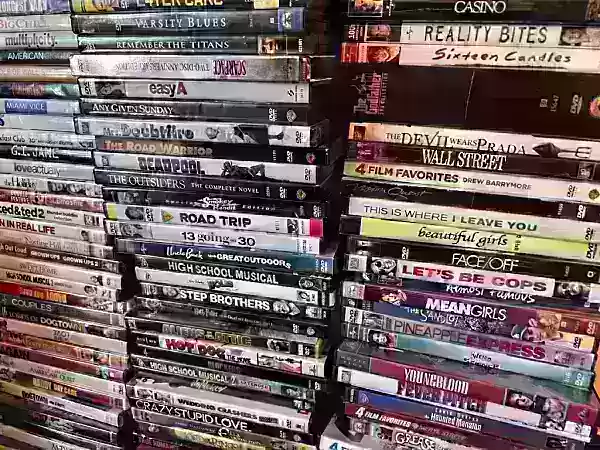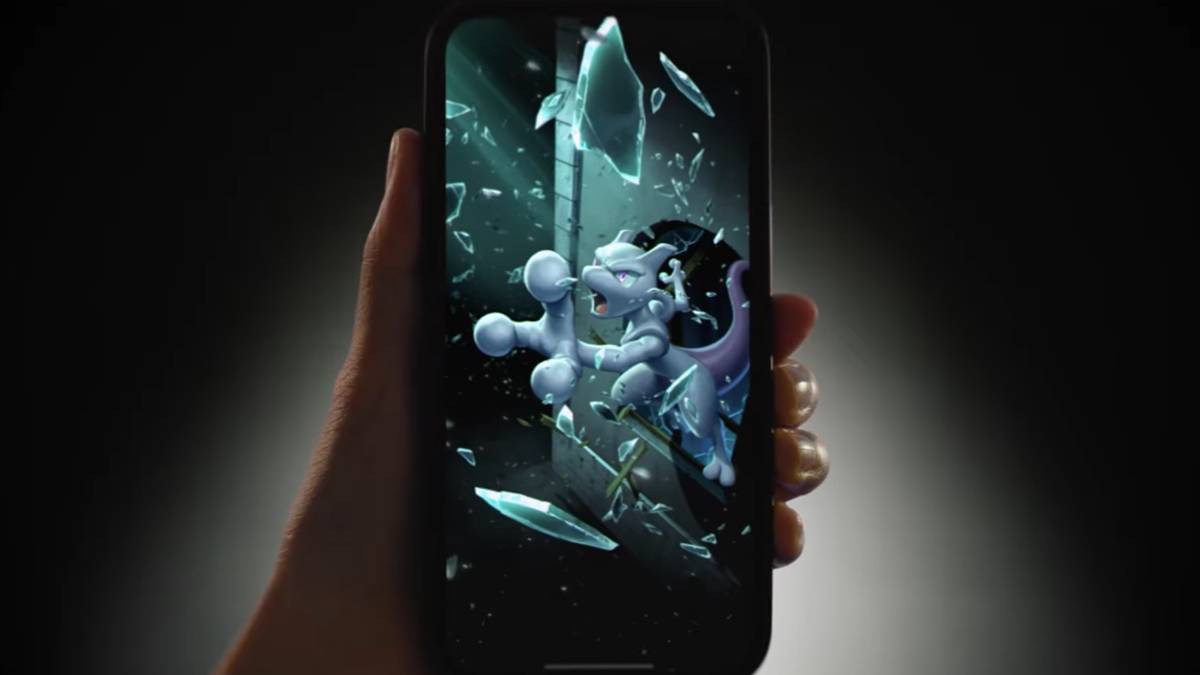Are Your DVDs Deteriorating?
If, like many of us, you have a collection of DVDs on your shelf, recent reports about DVD rot might have you concerned about the longevity of your cherished movies. DVD rot, while not a new phenomenon, is a term that might be unfamiliar to some. It's a broader issue known as disc rot, which has plagued various forms of physical media, from LaserDiscs and CDs to video games across multiple platforms. Any disc can suffer from chemical deterioration due to various factors, leading to significant playability issues, including the possibility of the disc becoming unreadable or unplayable.
Encountering disc rot in your collection is often a random and unfortunate occurrence. However, some issues stem from how discs were manufactured. A notable and recurrent problem has been identified with Warner Bros. DVDs produced between 2006 and 2009. This issue gained renewed attention thanks to an article by JoBlo’s Chris Bumbray, who experienced it firsthand with WB-released Humphrey Bogart and Errol Flynn box sets from that period. However, collectors and experts like YouTuber Spencer Draper, known as Damn Fool Idealistic Crusader, have been discussing this issue for years, with Draper detailing it in a video posted in late 2021.
A Problem Discovered, and a Studio’s Response
Draper and others traced the problem to DVDs produced at a specific manufacturing plant, the now-closed Cinram facility in Pennsylvania. This can be identified by a tiny manufacturing label on the inner ring of the disc's backside, where the data resides. A passionate collector of films and TV across various formats, Draper owns between 5,000-6,000 titles, many of which were produced by Warner Bros. He told us, "I did the mad panic check of every single disc, one at a time," highlighting the painstaking process of verifying each disc's condition.
DVD rot doesn't always manifest uniformly. Draper explained, "I found that even doing a scan or trying to do a digital backup wouldn't always guarantee that it was actually rot-free, and the only way to really tell for sure was to go through the whole disc, including all the supplements, menus, and extras, as well as checking what titles others had that might have gone bad."
Draper reached out to Warner Bros. Home Entertainment about the issue, which was challenging at first. However, as he noted in a follow-up video, WB eventually sent him a large package replacing every affected title they still produced. When IGN reached out to Warner Bros. Home Entertainment, they received the following statement:
"Warner Bros. Home Entertainment is aware of potential issues affecting select DVD titles manufactured between 2006 – 2009 and has been working directly with consumers on replacements or alternate solutions for nearly a decade. Any consumer who is experiencing an issue can contact [email protected]. This is not a new issue. A website recently experienced this issue themselves and decided to write a story about it (since updated) and that has caused the latest news. WBHE has been working with consumers for nearly a decade when it was first brought to our attention. We have offered replacements when possible, or an alternate title when needed. Some of the discs are now out of print or the titles no longer licensed for DVD release. In these cases, WBHE offered an alternate title as a replacement."
This statement aligns closely with what WBHE told JoBlo, though it extends the affected years from ending in 2008 to 2009, which matches Draper's findings.
How Do You Know if Your DVDs Are Rotting?
If you're worried about your DVDs being affected, start by checking the copyright year on the back to see if it falls between 2006 and 2009. DVDs produced outside these years are generally safe for now.
 If your DVD is from those years, look at the manufacturing codes on the inner ring of the disc's backside. If you see the letters 'IFPI' anywhere, it's likely one of the problematic ones. These codes can be tiny and hard to spot, so you might need a magnifying glass or a camera to see them clearly.
If your DVD is from those years, look at the manufacturing codes on the inner ring of the disc's backside. If you see the letters 'IFPI' anywhere, it's likely one of the problematic ones. These codes can be tiny and hard to spot, so you might need a magnifying glass or a camera to see them clearly.
A quick way to know your disc is probably safe, even if it's from 2006-2009, is to check the back cover of the DVD case. If you see a tiny blue stamp that says 'Disc Made in Mexico,' you're in the clear, as those were produced at a different plant.
For a thorough check, Draper suggests, "It doesn't hurt to just go ahead and check it. The easiest thing is to just put the disc in and run through everything on ultra-fast forward, including the extras. It may sound tedious, but it's a way to ensure the disc is rot-free."
Draper has compiled a helpful list of titles he's aware were affected, which serves as a great resource for collectors and those looking to purchase older titles. One example from his list is the DVD sets for HBO's Tales From the Crypt, which are affected across multiple seasons. Due to complicated rights issues, the series isn't available for legal streaming, renting, or digital purchase, making those WB-produced DVD sets the only physical media release.
The erratic nature of WB DVD rot means a disc could be fine one day and unplayable the next. Draper mentions a similar issue with Volume Two of the classic RKO Tarzan films, which had its only physical media release from WB and is affected. Its rarity drives up prices on the resale market, but there's no guarantee the discs will work properly.
What’s a Typical DVD’s ‘Life Expectancy’?
On a positive note, the widespread issue with this particular run of Warner Bros. DVDs highlights that large-scale DVD rot is not a common occurrence, even as DVDs approach their fourth decade. Draper notes that some early DVDs did suffer from rot, but those were exceptions rather than the rule.
 Sony's official statement suggests that "A typical DVD disc has an estimated life expectancy of anywhere from 30 to 100 years when properly stored and handled." As we approach the 30th anniversary of DVDs in 1996, Draper remains optimistic, noting that even his earliest Warner DVDs from 1997 are in perfect condition.
Sony's official statement suggests that "A typical DVD disc has an estimated life expectancy of anywhere from 30 to 100 years when properly stored and handled." As we approach the 30th anniversary of DVDs in 1996, Draper remains optimistic, noting that even his earliest Warner DVDs from 1997 are in perfect condition.
There have been no widespread issues with Blu-rays, though some concerns have been raised, particularly in France. Notably, nearly all WB-produced HD DVD titles no longer play. Criterion faced a similar disc rot issue with some Blu-rays, but they managed it well by identifying affected titles and starting an exchange program for later repressings.
Warner Bros. is aware of the ongoing DVD rot problem and encourages affected consumers to email [email protected] for potential replacements or alternate titles. However, responses can vary, and some consumers may face hurdles like needing to provide receipts for long-held or gifted items. Additionally, newer editions of films might lack the bonus features found on the original, affected discs.
In the streaming era, physical media remains a reliable way to watch your favorite films and series. However, the WB DVD rot issue underscores a significant challenge that can leave collectors frustrated, especially given the closure of the Pennsylvania Cinram plant.
Latest Articles












![Roblox Forsaken Characters Tier List [UPDATED] (2025)](https://images.dyk8.com/uploads/18/17380116246797f3e8a8a39.jpg)


















